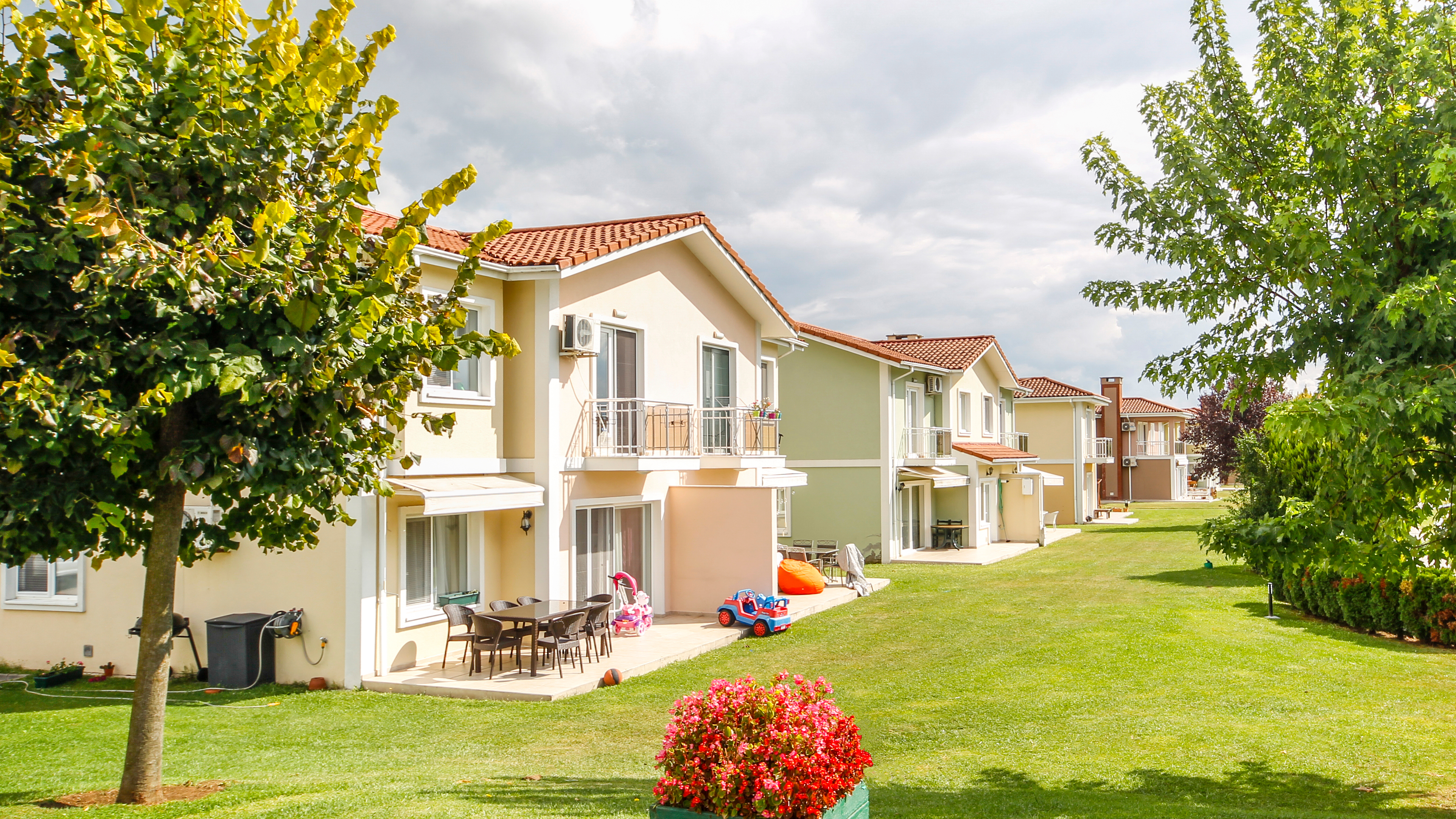-
Electronic Voting: Can an HOA Board Vote By Email?
For a growing number of community associations across the United States and Canada, statute changes are making electronic voting a possibility for boards. If your state or province permits online voting – or will soon – does that mean that your board should make this option available to homeowners in your community? -
Four ways to fund an HOA capital improvement project
Living in a residential community means around-the-clock routine maintenance to preserve the community and its assets. But there comes a time when one of your assets will reach the end of its useful life and require a replacement or significant repairs. -
Raising a Family in a High-Rise – How Communities are Making it Easier
When a lot of people think about high-rise living, they don’t necessarily jump to the idea of families in high-rises. In many cities, high-rises are still considered the domain of the young and single, or couples without kids or active retirees. The New York Times even ran a piece, in 1987, decreeing that “A High-Rise Is Not a Home for Children.” But today, thanks to a Millennial generation that doesn’t want to commute from the ‘burbs, more and more high-rises are actively courting families as residents. -
How to create community policy: Enforcing rules without making enemies
Good rules make good community members. The most important factors in association policy making, whether for a condo, co-op, townhome or master-planned community, are clarity and sensibility. The board must be clear – and united – on the policy being created and then must communicate that policy to all residents. Whether the policy is about overnight guest parking, designated smoking areas, amenity usage or approved flooring, the basic steps to creating good policy and enforcing it successfully are the same. It’s important that everyone involved, including board members, residents and the management team, understand who is responsible for the various roles that are part of policy creation, enforcement and compliance. -
Here's How to Plan an Effective Association Budget for Your Community
Preparing your association’s annual budget...it can be a source of stress, but more importantly, it’s a valuable opportunity to ensure the financial well-being of both your association and homeowners. Proper association management hinges on this financial tool for both short-term and long-term planning, so it’s important to follow some guidelines. -
How to Protect Your Home from Wildfires
Wildfires continue to be a constant and deadly threat across North America, and the risk intensifies with soaring annual temperatures, strong winds and severe drought conditions. -
Hurricane Plans and Policies: Reduce Your Association’s Risk
Hurricanes can bring tremendous physical destruction and financial ruin to a community association unless policies are put into place to prepare for the storms before they arrive, and to deal with the consequences afterwards. Every board whose association could possibly be impacted by a hurricane must have a hurricane preparedness policy to help maximize safety, minimize risk and ultimately, protect its operating budget too. And just as important as having a policy is communicating the policy to your residents. -
The basics of HOA pool insurance: what you need to know
Swimming pools are one of the most common, and most desirable, amenities in communities. Making sure to have proper community pool insurance coverage. -
Is Your Board as Effective and Healthy as It Can Be?
Whether you are a board member who wants to ensure your board is doing everything it can to succeed or a resident who wants to get involved in the governing of your community, we have identified the best practices that can help you get the answers you need. -
Keep Your Annual Meeting From Derailing With These 5 Tricks
Your annual meeting is your community association’s most well-attended meeting of the year. That’s no surprise since it’s where residents get the most insights about their community and have an opportunity to elect their board members. But the large turnout also means it’s the meeting most likely to get off track. Keep your meeting from getting derailed by using these 5 techniques. -

Maintenance and Repairs vs. Capital Improvements – What’s the Difference?
Maintaining your buildings’ assets is not a one-size-fits-all proposition. The common areas require a broad range of routine maintenance and repairs to keep them looking good and operating smoothly. -
5 Steps to the Best Reserve Study Firm
In our guide to capital improvements , reserve studies and their relationship to capital improvements and preventive maintenance were discussed at length. -
6 safety tips for summer vacation
Summer is a great time to hit the road! Travelers will be taking advantage of the warm weather to go to beaches, campsites, on cruises and more. Learn how to protect your home and preserve your peace of mind while you're away. -
The Six Secrets to Building Your HOA Volunteer Pool
Whether you’re on the board of a single-family homeowners association (HOA) or a high-rise condo association, your community depends on volunteers to operate successfully. However, finding residents who are willing to be on your board of directors, join a committee or help at an event can be challenging. -
5 Ways to Encourage a Sense of (the Larger) Community in Your Association
Your association doesn’t function in a vacuum. It’s part of a larger community. Having members actively engaged in your town or city is good for the association and adds to residents’ sense of community. Find out what your board can do to encourage residents to get more involved in their larger community. -
What’s missing from your community association budget?
Every year about the same time, your community association board is most likely creating its budget for the following year. Learn about seven commonly neglected items in community association budgets that you may be missing. -
Why community associations get sued and what to do if it happens to you
Your community or condominium association is there to protect the interests of all of its members. However, there may be situations when one or more residents don’t believe that the association is on their side. Hopefully, everyone involved can come to a reasonable solution, but if you can’t, it’s possible that your association – and even your board members – could become the target of a lawsuit. -
Email Communication
You may be unaware that you are opening up all of your emails to scrutiny. When using a personal or work email address to conduct association business, there is a potential liability involved. -
How Can My Association Fund Capital Improvements?
Nothing lasts forever…and when it comes time to replace your high-rise roof, community pool or to add new amenities, your association will need to determine how to pay for it. All of these things – significant repairs and replacements, as well as new construction – are considered capital improvements. -
Energy Efficiency for Community Associations
Many community association boards and residents would like to implement energy efficiency measures in their communities. But what about the cost to get started? -

Five Simple Tips for Marketing Your Association
Nothing says a healthy community like full homes/units and bustling activity in common areas. Painting a pretty picture of a dynamic community to potential buyers takes minimal effort on the part of the board. -
3 Ways to Pay for an Association Capital Improvement Project
When your association has to invest in its property, whether for repairs or a new construction project, the financing for that work must be considered as carefully as the work itself -
Is Installing Electric Vehicles Charging Stations the Right Choice for Your Community?
The number of plug-in electric vehicles (PEVs) on the road is quickly growing, which means the need for conveniently located battery charging stations is also on the rise. What does this mean for your association? -
Is Your Community Ready for Plug-In Electric Cars (PEVs) and Charging Stations?
The Nissan Leaf and Chevy Volt made their debut as the first US mass-market plug-in electric vehicles (PEVs) more than five years ago. Nearly half a million have jumped on the PEV bandwagon. What does this mean for community associations?